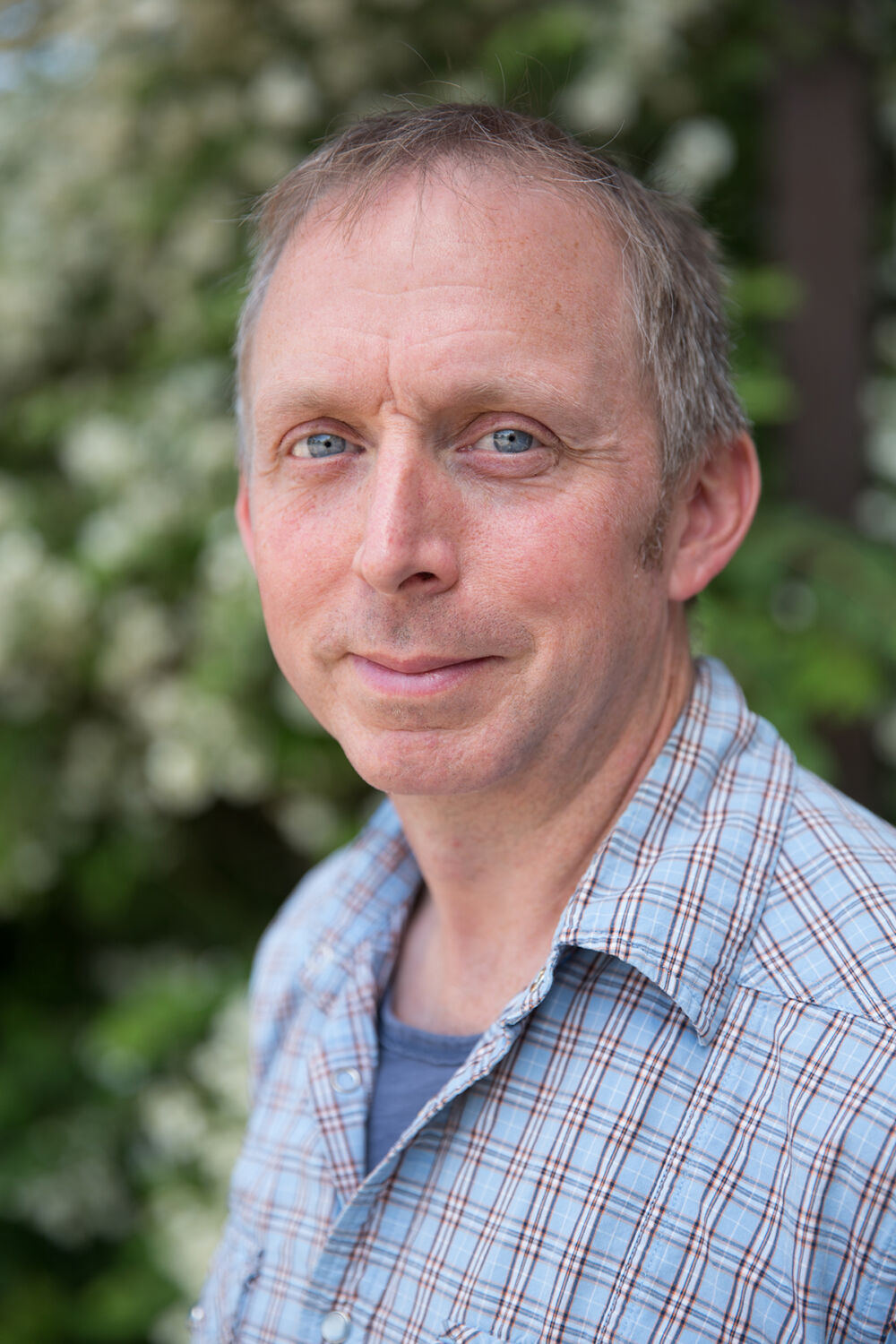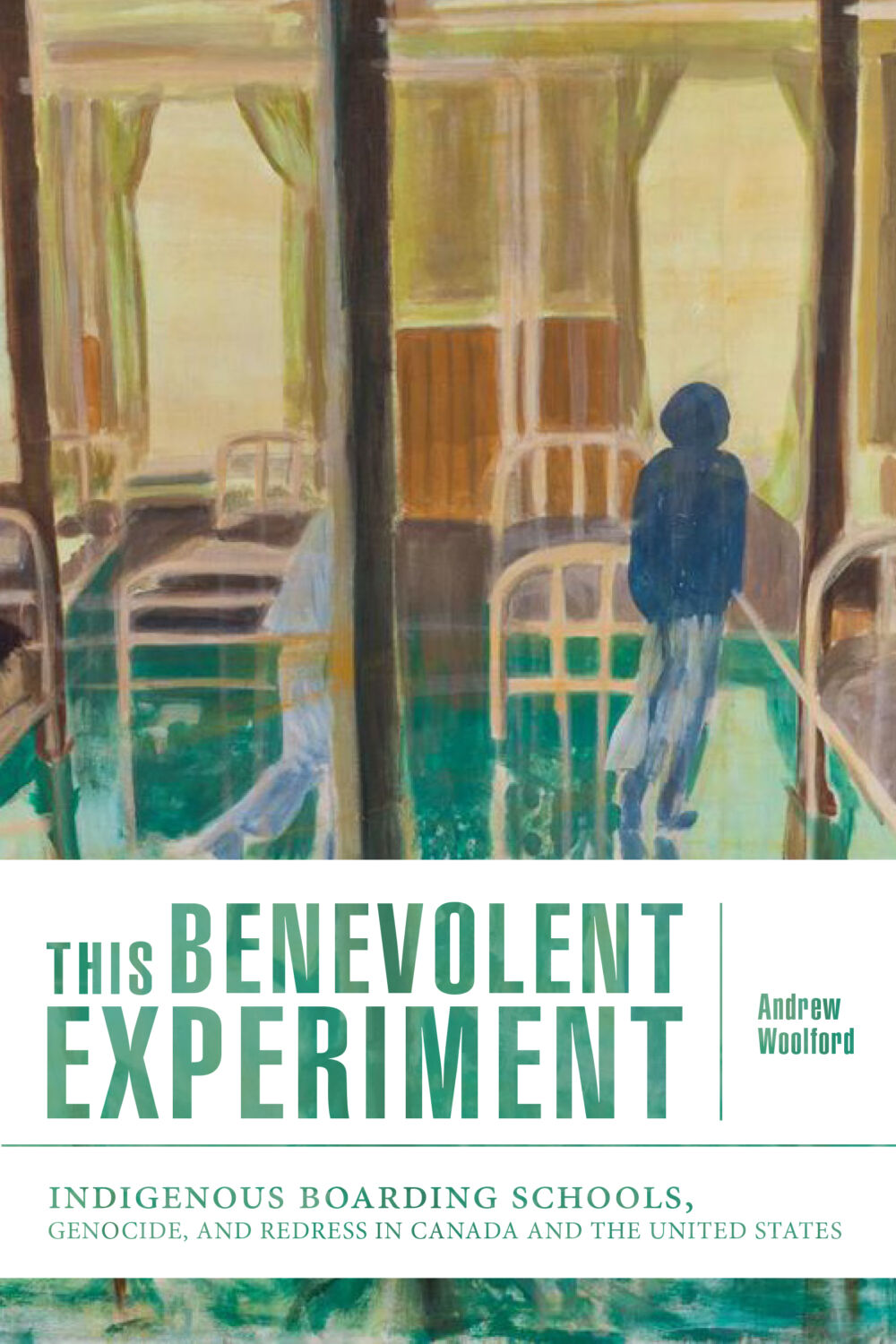I am very proud of This Benevolent Experiment: Indigenous Boarding Schools, Genocide, and Redress in Canada and the United States.
However, I do not see it as a final word or even comprehensive history of Indigenous boarding schools in Canada and the United States.

It is, rather, a contribution to a larger, yet still emergent, conversation in both countries. It is a contribution that does not pretend to speak for Survivors, or even to fully represent their experiences.
Instead, it draws on the areas in which I have some expertise, including genocide studies, sociology of collective behaviour, critical socio-legal studies, and the sociology of institutions, to examine some of the ways in which settler colonialism in North America attempted, but also failed in its efforts, to destroy Indigenous peoples. As a settler Canadian, I take it as my responsibility to critically interrogate the institutions and ways of being that have shaped our present world.
This all sounds very academic, but every academic work is also a project of self-discovery.
By interrogating settler colonial thoughts, practices, and institutions, I also interrogate these aspects of my self.

As a descendant of the Northern UK, who has an affection for soccer, a good pint, bland starchy food (along with the occasional curry) and sadly more than a passing interest with the happenings on Coronation Street, such self-interrogation may seem a lengthy project. But my goal is not to arrive at an entirely new way of being or to dispose of my self. As we decolonize, I expect to still be stuffing myself with Yorkshire puddings while watching Corrie (until the doctor tells me otherwise), but also to be opening my cultural attachments to adaptation and understanding through honest, respectful and humble interaction with Indigenous ways of knowing and being.
This is, in part, what This Benevolent Experiment attempts—to open up the ideas of western sociology, social theory, and genocide studies to new ways of thinking and being in the world, to begin to break down the blind spots and limits that prevent settler North Americans from making an honest effort to engage with the views and experiences of Indigenous peoples.
The process of writing This Benevolent Experiment has convinced me of the need to open up my introverted and isolated self to community-based work.
At present I am working with Survivors on two projects that are co-designed and aspire toward outcomes defined by Survivor interests. One is to build a virtual Indian Residential School as a site of learning and empathy formation. Here, my team is taking direction from the project Survivor Advisory Board to ensure that they have ownership, control, access, and possession of the virtual residential school storyworld we will create.
The other will foster remembrance of the Assiniboia Indian Residential School in Winnipeg. This project was inspired by Assiniboia Survivors who are concerned that this school that was located in the River Heights neighbourhood of Winnipeg will be forgotten.
My own journey continues, inspired by these Survivors who have had to make a much more difficult one.
Posted by Andrew Woolford
September 22, 2015
Categorized as Author Posts
Tagged aboriginal, assimilation, boarding schools, canada, colonial, colonialism, community, education, genocide, history, indigenous, nation, policy, redress, residential schools, settler, united states, us
Mino Bimaadiziwin: Researching and Living and Good Life in Native Studies Responsibility, Duty, Right: On the Passing of Basil H. Johnston (1929-2015)
